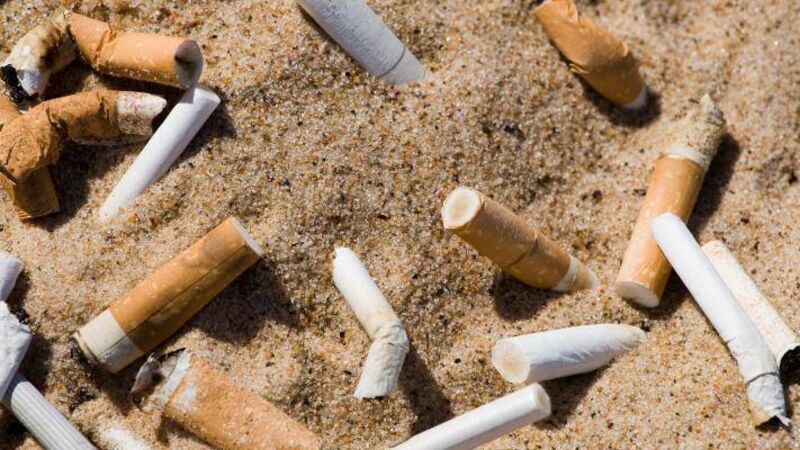No butts about it: Dumped cigarettes causing big problems

A large amount of tar is trapped in cigarette filters, which contain chemicals released from burning tobacco. The tar also has heavy metals like lead and arsenic, according to international studies
From all the noise about the ‘latte levy’ on takeaway coffee cups, you might think such cups were the main form of littering. Not so.
Something much smaller, often barely visible and crushed underfoot, is a bigger problem. The ubiquitous cigarette butt is the most commonly found litter around the world. Discarded filters take years to decompose, add to plastic pollution, damage human and animal health and the environment.








